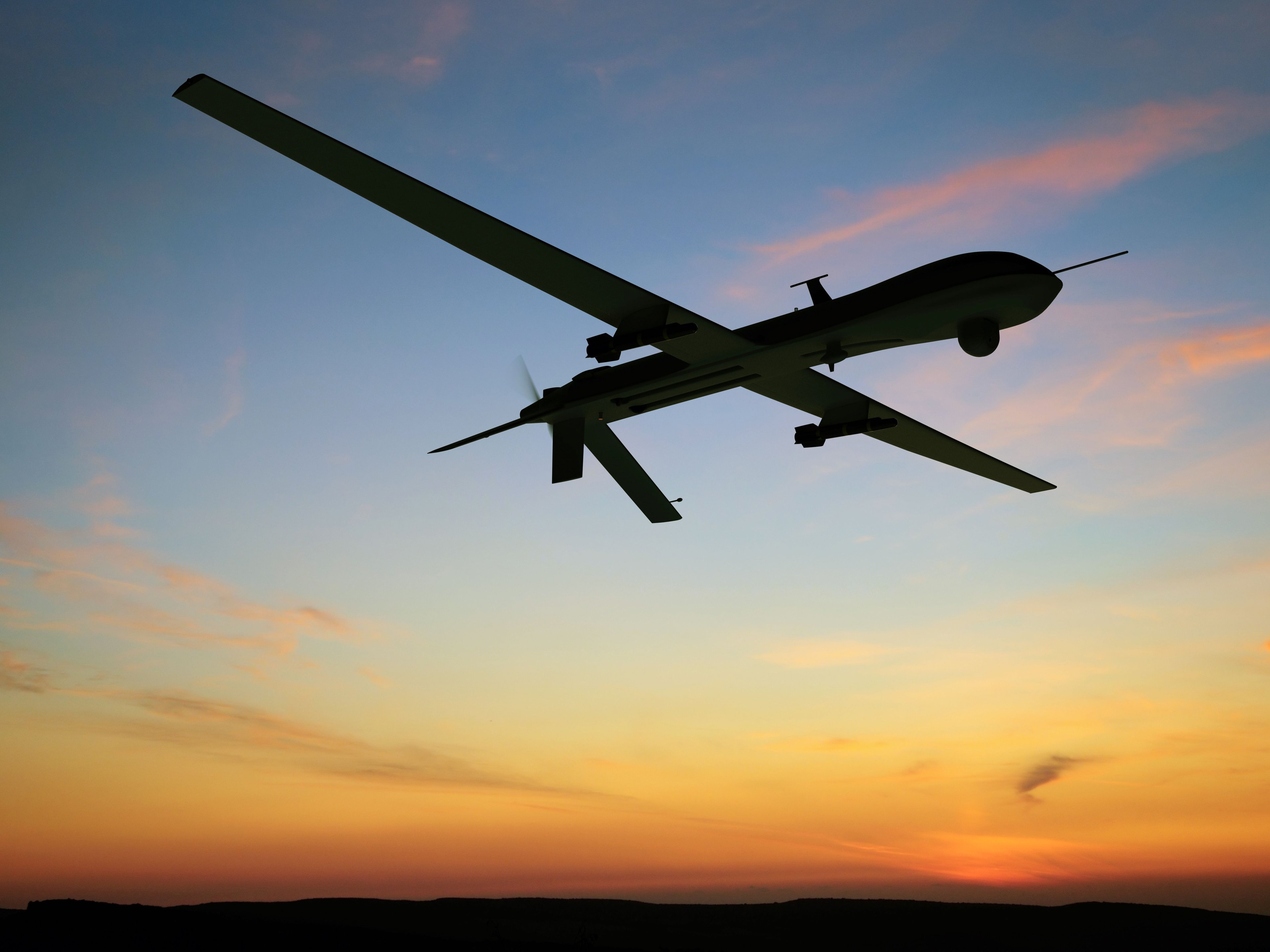United Technologies' (UTX 0.21%) plan to merge its aerospace assets with Raytheon (RTN +0.00%) has been panned by activist Bill Ackman. In this segment of Industry Focus: Energy, Motley Fool's Nick Sciple and Fool.com contributor Lou Whiteman discuss Ackman's objections and offer an alternative viewpoint.
To catch full episodes of all The Motley Fool's free podcasts, check out our podcast center. A full transcript follows the video.
This video was recorded on June 27, 2019.
Nick Sciple: He's gotten a little bit of criticism leading up to this merger. Like I said, it's a merger of equals between these two businesses. One famous investor, Bill Ackman, came out in and has criticized this deal as maybe not fully realizing the value that is inherent in United Technologies. He said that there is a conglomerate discount on the shares, and by merging with Raytheon, they're basically exchanging undervalued shares and giving Raytheon the benefit of that conglomerate discount. When you look at some of those criticisms of this merger from a valuation point of view for United Technologies, do you think Ackman has a point here? Or do you think he's a little misguided with those criticisms?
Lou Whiteman: Let's take a step back. Ackman's has been involved in the United Technologies for a while, including pushing for a three-way split. Maybe even more than a three-way split. It never really gained traction because of the M&A that United Technologies was doing. They just finished the Rockwell Collins deal, which substantially grew the aerospace side, but they needed to get that deal closed, and at least start to bring it in house before they considered this. Ackman was very big on splitting up the three parts. That is happening. He's always been more interested in the aerospace side than the other two parts. Yes, as you say, his basic feeling now is, with the aerospace side still suffering from the conglomerate discount, why are you pledging its shares now, when, in his mind, it's going to be much more powerful on its own?
I don't necessarily buy his argument. For one, I think he's missing the fact that Raytheon isn't really getting a premium here, either. This deal is not designed to give either side a premium. The idea of the deal is that the sum of the parts will make them stronger. Raytheon is valued at something like 11X EBITDA in the deal. It's a little wishy-washy because it's stock, but that's about where they are now. There's a lot of benefits that Raytheon is bringing as well. Raytheon brings defense exposure, which is a different customer set. United Technologies, for all of its scale, they are still subject to Boeing and Airbus, and they still have to bow under pressure to Boeing and Airbus. Raytheon has a whole different customer in the U.S. government. That revenue diversity will help the company.
Also, probably most important, and what Ackman seems to be conveniently missing out on or skipping over is, United Technologies, it's hard to say because the split's going on, but it looks like they're going to give the aerospace unit about $24 billion in debt. Raytheon, by comparison, has less than $3 billion in debt. Combining these two companies, you're going to have a much more pristine balance sheet. You are going to have the flexibility to return capital to shareholders. You're going to have the flexibility to invest in R&D. You're going to be able to do a lot more with this balance sheet by bringing the Raytheon side in. That's really, really to United Technologies' benefit. They were going to have, not liquidity issues, but they were going to have a substantial debt burden on their own as this split goes out.
Sciple: Right. Just having those stable revenues from the defense side of the business not being subject to as much cyclicality as you'll see in the commercial airlines space, it's a clear benefit for United Technologies. One program I've seen called out a few different places is the Pratt & Whitney geared turbofan engine, and what can mean for United Technologies moving forward. However, it's cost $10 billion or more to develop over time. There's clear opportunities for that part of the business to grow. However, it takes a lot of upfront investment for that to grow.
When you look at this deal in the context of what it will do for that geared turbofan next generation Pratt & Whitney engine, what opportunities it might have for United Technologies to more comfortably reinvest in that part of the business, what new opportunities does this Raytheon merger create there?
Whiteman: Well, for one thing, just to give you an idea of the size and the scale we're talking about, I saw a number -- 60,000 engineers are coming together here. There isn't a lot of overlap in the business. United Technologies doesn't make missiles. Raytheon is probably best known for the Patriot system, the anti-missile system. They do a lot of that work. There isn't a lot of direct overlap. But, for example, Pratt & Whitney is in a difficult development cycle right now. Raytheon does do work with engines of their own, missile engines. Hypersonics is one area where I think they can work together. There are more areas for potential collaboration than there are areas where there's going to be overlap and cut or combined. But the collaboration is important here. You're bringing together a lot of people from related fields. And, oh, by the way, Raytheon does have a $40 billion backlog that projects well out into the next decade as far as planning for leverage, planning for revenue, planning on keeping the balance sheet healthy. That's something that is maybe not unique to the defense industry, but with the government as a customer and the government making, by law, spending plans five, 10 years out, there's a lot of predictability there that you can use when you're making investment decisions, which I think is very much under-appreciated on the commercial side. But I think it will be to United Technologies' benefit.
Sciple: Yeah, when you have that flexibility to think long-term because you have more diversified revenues, always a good thing for a business, particularly one that can maybe suffer from some cyclicality as you go through the upgrade cycle in commercial airlines, things like that.






